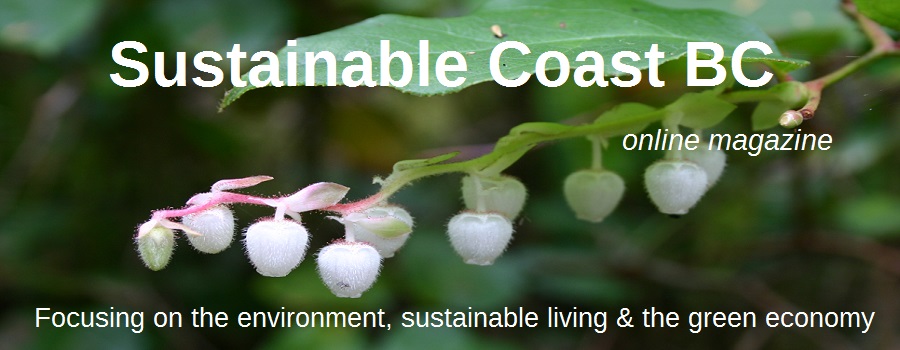News
No rationale for the cancellation has been given, leaving stakeholders questioning the federal government’s commitment to protecting Canada’s most vulnerable wildlife.
The Species at Risk Advisory Committee (SARAC) had met regularly twice a year for more than a decade and brought industry players from Canada’s oil, forestry, mining and other sectors to the same table as Canada’s largest environmental groups. Together they develop concrete advice for the federal government on Canada’s endangered species.
“SARAC represents an important opportunity for me to problem solve with people whose industries greatly impact the habitat and areas upon which Canada's endangered species depend,” said Susanna Fuller of Ecology Action Centre. “It is a chance for us to meet on neutral territory and to jointly provide practical solutions to government, which has the duty to regulate the protection of species at risk.”
A joint letter from industry representatives sent recently to the Environment Minister stressed the important role that SARAC plays and pressed for a continuation of an advisory forum for government action on species at risk.
“What I find so useful about SARAC is that it brings together all of those who have the responsibility to protect species at risk in one room – which is important because species protection is a joint responsibility”, said John Bennett of the Sierra Club of Canada. “Now it appears that government is not keeping its end of the bargain.”
The government’s timing could not be much worse. Last week the World Wildlife Fund released its annual Living Planet analysis of the impact of environmental degradation on plants and animals, including species at risk. The report, which measures more than 10,000 representative populations of mammals, birds and fish, shows a decline by 52 percent since 1970. Put another way, in less than two generations, population sizes of many species have dropped by half.
According to the federal government’s own figures, there are more than 500 plant and animal species — including the humpback whale, woodland caribou, and piping plover — at risk of disappearing from Canada. There are an additional 173 species that have been assessed by experts to be at risk, but which the government has not added to the protection list.
“What’s happened to SARAC is emblematic of the foot-dragging the government has shown on protecting endangered species in general” said Dr. Sarah Otto, Director of the Biodiversity Research Centre at the University of British Columbia. “The government has failed to list over one hundred species at risk, and for many species that are listed recovery planning is irresponsibly delayed.”
Background
The Species at Risk Advisory Committee (SARAC) is a joint industry/environmental group body that provides the federal government with advice on protecting Canada’s endangered species. SARAC has been meeting twice annually for more than a decade, and is currently comprised of the following members. ENGO: World Wildlife Fund Canada, David Suzuki Foundation, Canadian Wildlife Federation, Sierra Club of Canada, Ecology Action Centre, Canadian Parks and Wilderness Society, Nature Canada, Nature Quebec, Ecojustice INDUSTRY: Canadian Association of Petroleum Producers, Forest Products Association of Canada, Mining Association of Canada, Canadian Electricity Association, Canadian Energy Pipeline Association, Fisheries Council of Canada, Canadian Cattlemen’s Association, Canadian Federation of Agriculture, Canadian Hydropower Association, Canadian Council of Professional Fish Harvesters
